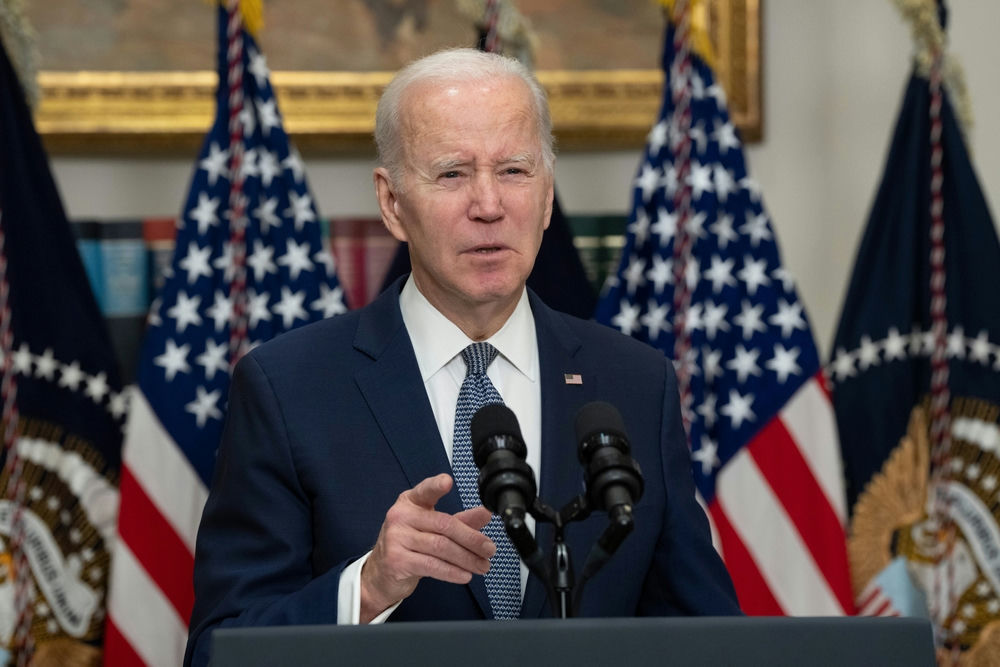Presidential pardons meant to right wrongs and restore justice were rubber-stamped by a machine—while the man who was supposed to wield that awesome constitutional power sat on the sidelines, leaving Americans to wonder if anyone was actually at the wheel during Biden’s final days in office.
Mass Pardons Signed by Machine, Not by Biden
In the waning hours of Joe Biden’s presidency, Americans witnessed a spectacle that would make even the most cynical among us shake their heads: nearly 4,000 convicted federal criminals were granted clemency—not by the hand of the President, but by the cold, mechanical arm of an autopen. According to interviews and emails obtained by major media outlets, Biden’s staff orchestrated this unprecedented effort, with Chief of Staff Jeff Zients giving the green light for the autopen to sign the official documents after a final closed-door meeting with Biden on January 19, 2025. The White House boasted about the “largest single-day act of clemency in U.S. history,” all while sidestepping the fundamental question: did the President himself actually review—or even know—the names he was setting free?
Instead of individual review, Biden apparently set broad criteria for clemency and left the rest to his staff, who then unleashed the autopen to sign on his behalf. The White House claims this was necessary due to “volume and time constraints.” Critics, including Congressional Republicans now leading investigations, are not buying it. The U.S. Constitution grants the President—not his staff, not a machine—the power to grant pardons. Using a device to mass-sign life-altering decisions? That’s not justice; that’s assembly-line governance.
Congress Launches Investigations as Public Questions Legitimacy
House Oversight Chairman James Comer and a cadre of Congressional Republicans have opened probes into the autopen affair, focusing not just on whether the machine’s use was legal, but whether Biden was “sufficiently involved” in the process at all. Emails show Zients authorized the autopen after a brief meeting, but there is no evidence that Biden individually reviewed the cases. The White House insists Biden set the criteria and approved the process, but critics argue this amounts to rubber-stamping—delegating away the solemn duty of clemency in favor of bureaucratic efficiency.
PARDON? Biden staffers admit the former president was never aware of the full list of individuals they pardoned with the autopen. Thousands of criminals pardoned were never approved by the president, but instead by officials at the bureau of prisons and his staffers. This… https://t.co/YIrUqztjmt pic.twitter.com/nBQ90bu33i
— @amuse (@amuse) July 14, 2025
With Biden’s mental and physical fitness already under scrutiny, the autopen scandal has poured gasoline on the fire. Americans are rightly asking: if the President can outsource the power of mercy to his aides and a mechanical arm, what’s to stop future presidents from signing away any constitutional responsibility? The implications go far beyond the criminal justice system. Legal scholars are calling the move “unprecedented,” and even supporters of criminal justice reform are uneasy about the lack of transparency and accountability.
Unprecedented Move Sparks Calls for Reform
The fallout from this fiasco is already being felt. The clemency actions remain in effect, but the legitimacy of the process is under attack. No pardons have been rescinded or legally challenged yet, but ongoing Congressional probes could change that. Lawmakers are openly mulling legislative reforms to clarify or restrict autopen use for high-level executive decisions. The legal and governmental sectors are now forced to reconsider protocols for authenticating official acts, with some experts warning that this sets a dangerous precedent for future administrations.
Biden didn’t know about all of the pardons his staff worked with the bureau of prisons and kept changing the list and used the auto pen without his knowledge or permission pic.twitter.com/uPhMYjL6kV
— Joey franko (@franko_ufo) July 14, 2025
Biden, for his part, has publicly defended the move. In a New York Times interview, he insisted, “I made every decision,” but the facts suggest otherwise. The American people deserve better than “trust us, the staff handled it.” The buck is supposed to stop at the top—not at a printer in the basement. If the President can’t be bothered to personally review the fate of thousands of Americans, what’s next? Executive orders by group text? Constitutional powers are supposed to be exercised by actual leaders, not delegated to machines and middle managers.

